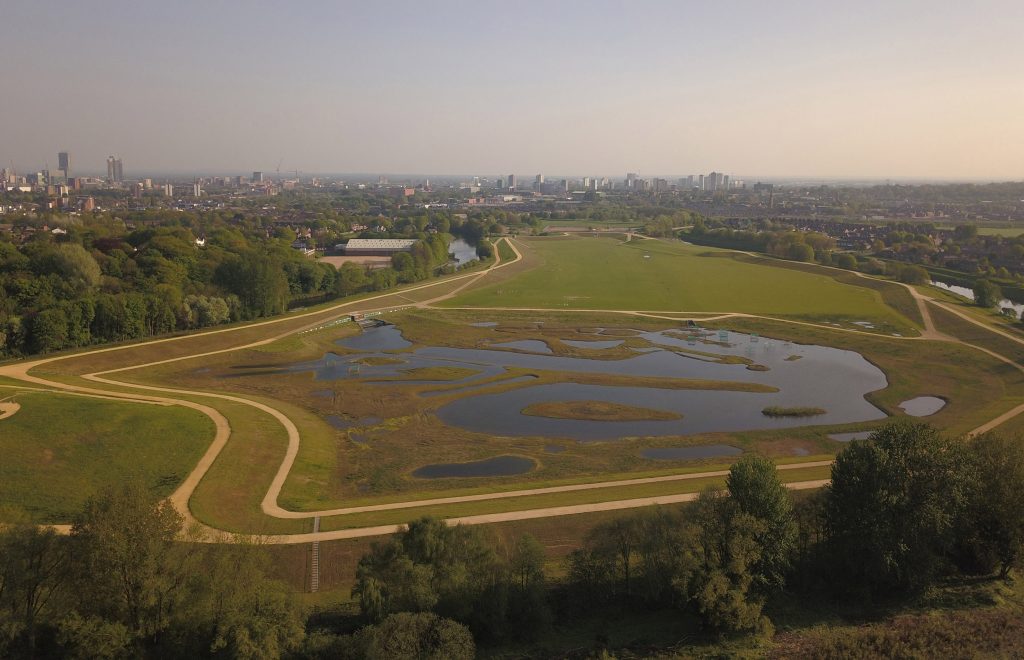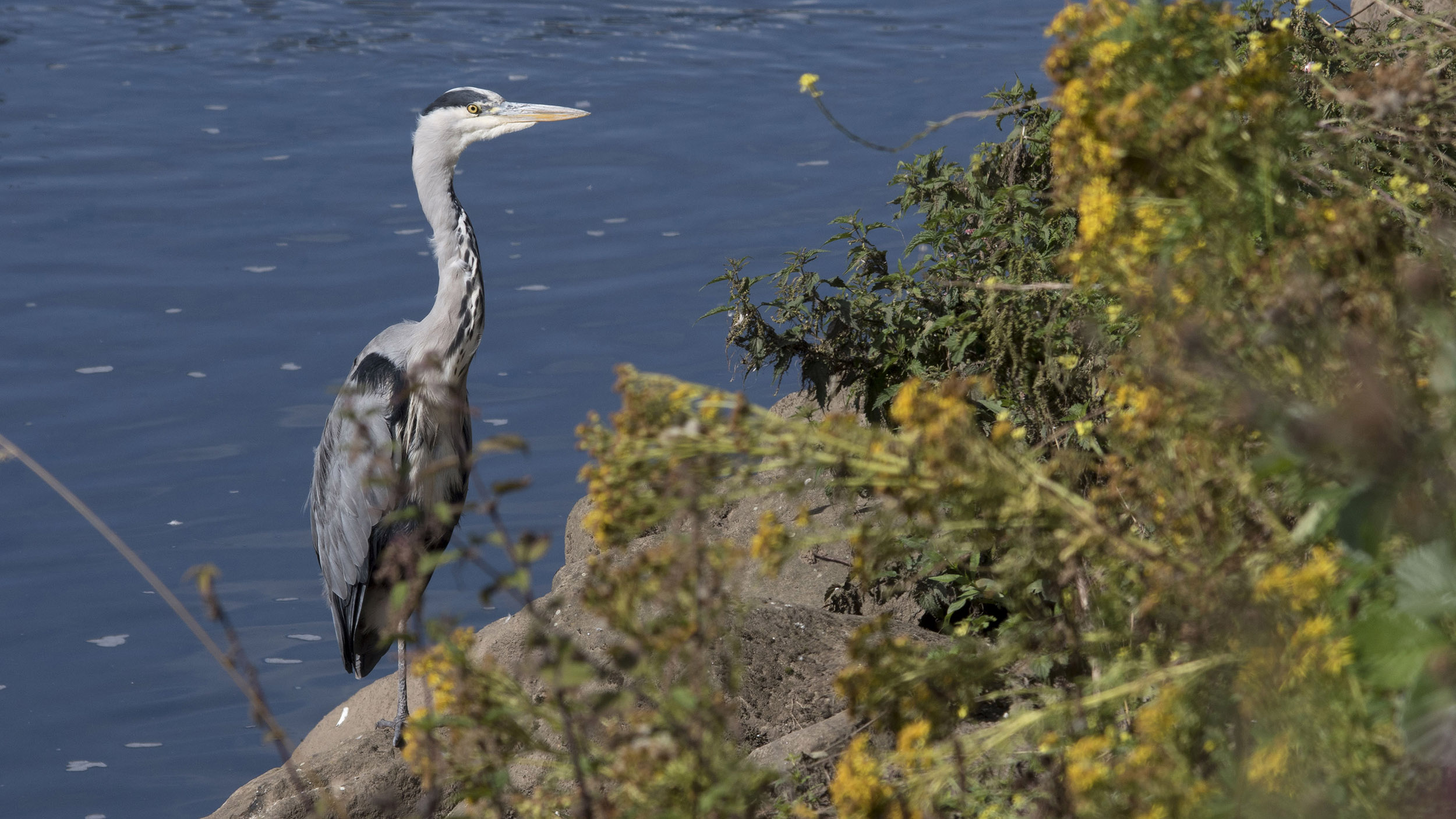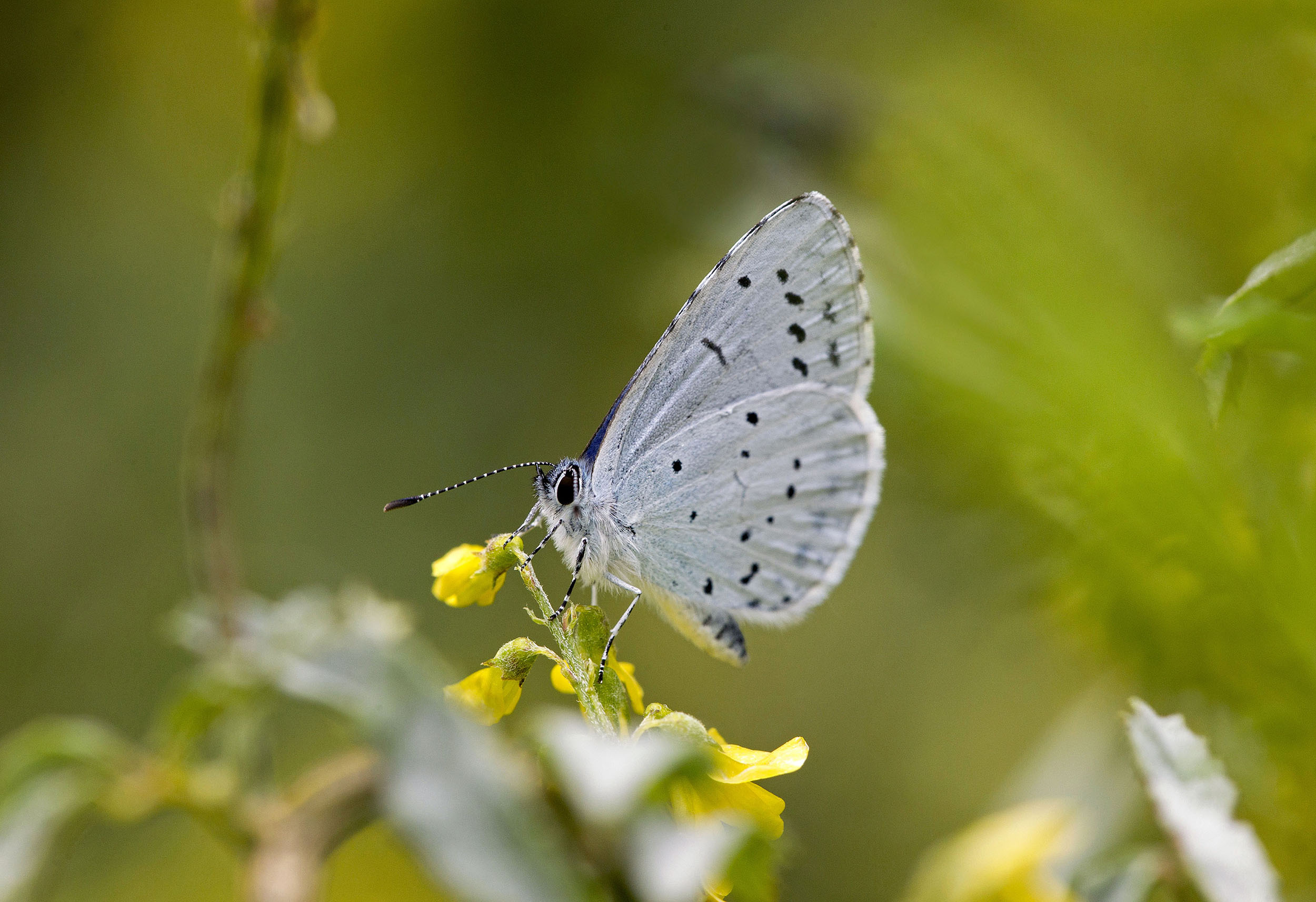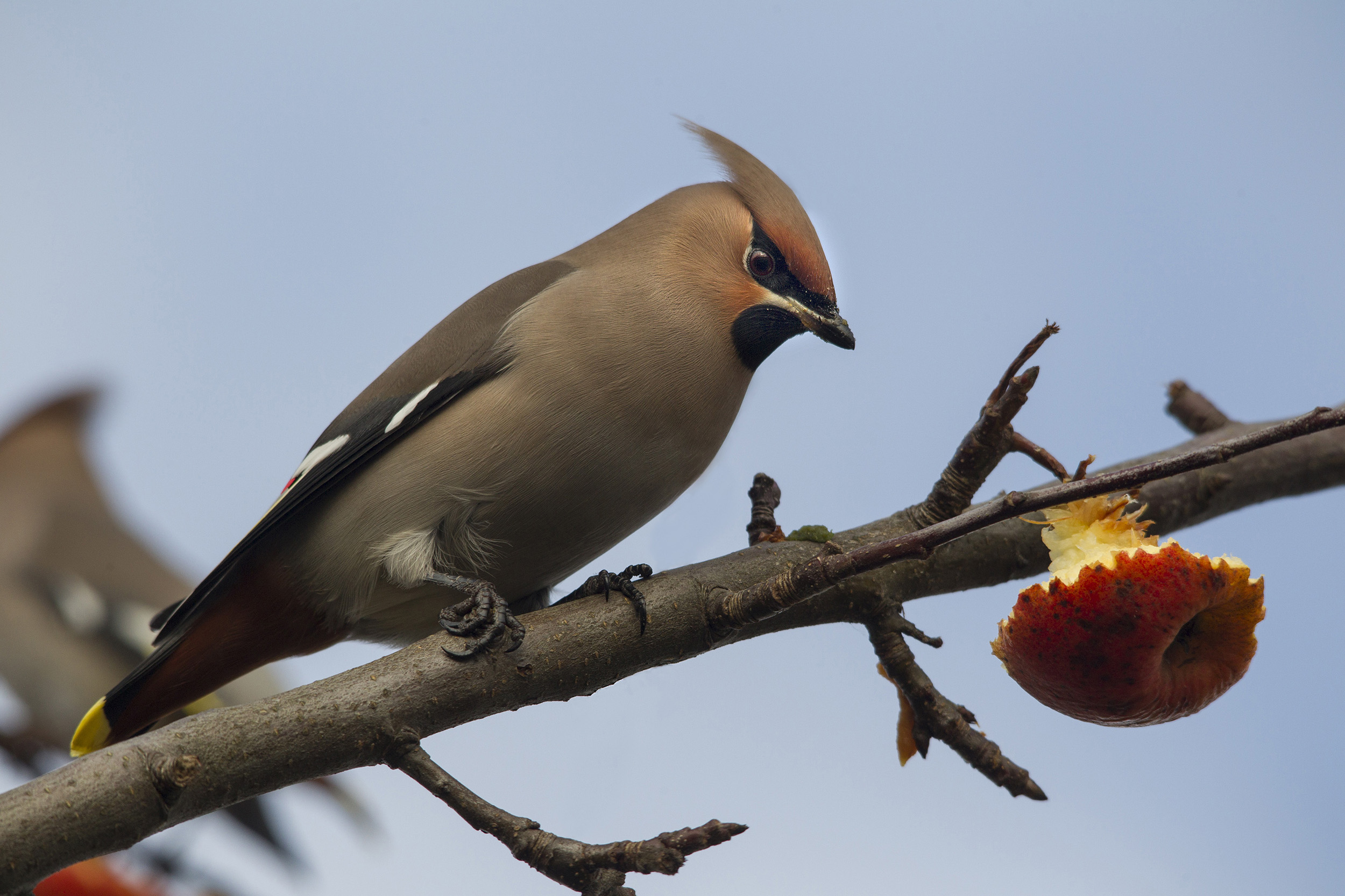
A documentary by Luke Blazejewski that showcases the natural beauty of the Salford wetlands is now available to watch online.
The documentary explores the types of wildlife living at the wetlands and features interviews with local councillors, bird-watchers and members of environment trusts who provide an in-depth insight into the area and its benefits for the environment and community.
In 2008, Luke began studying wildlife film at the University of Salford and since then has attained a PhD and has made several films about wildlife in Salford. He aims for “people to challenge their perceptions of the city.”
But he’s always taken an interest in wildlife; when asked about where his passion for nature came from, he said: “I think it naturally evolved from just enjoying being outside. I remember my mom buying me a second hand bird ID book from a local charity shop for about 49p.

“After I used it to identify my first great spotted woodpecker in my local woodland, I think I was probably past the point of no return. I think of it as real life treasure hunting. We have these elusive creatures living secretive lives in the most beautiful environments. Who wouldn’t want to try and catch a glimpse of them?”
Capturing wildlife on film, however, doesn’t always come so easily. He said: “wildlife is notoriously unpredictable and often very easily disturbed. Getting close to animals in their natural habitat is rarely easy, and requires a huge amount of patience. For example, it took me three years to photograph a Holly blue butterfly, a famously awkward butterfly which lives at the top of trees and rarely comes to the ground to feed.”

The hardest part of the 9 minute documentary, his longest project thus far, was filming the little egret. Luke said: “this bird’s appearance on the wetland was a spectacular surprise, and I wanted to capture that by producing a short sequence of the Little egret fishing.
“This involved many days trying to sneak up quietly to get a good shot, only to see the egret shoot up into the sky and fly off to the other side of the wetland. We played this game for many days.”
The 13 acre wetlands were opened in May last year as part of a £10 million flood protection scheme which also created habitats for wildlife and birds.
Luke said that green spaces like Salford wetlands are vital to communities and for environmental conservation; he said that: ” It not only provides a safe space for wildlife to thrive, but along with that gives people the opportunity to enjoy natural beauty on their doorstep, improving health and well-being, giving people a place to enjoy themselves, and connecting them to the natural world.”

The two flood basins at the wetlands reduce the risk of flooding for 1,400 nearby homes and 500 local businesses, allowing for potential land development of the surrounding area.
Flood basins like those at Salford wetlands are an environmentally friendly solution to climate change.
Luke hopes that the Salford community will protect the wetlands. He said: “I think one of the best things the local community can do is visit the wetlands, enjoy it, and talk about it as much as possible.
“When we can embed a space like this into people’s everyday lives and conversations, it can become a flagship example of how nature is all around us in the city. Once it becomes a daily conversation, an intrinsic part of our lives, the community will grow around it.”
Today, we are celebrating #WorldWetlandsDay. Did you know that wetlands, like the ones here at our #Salford #Flood Defence Scheme are havens for wildlife and one of the best natural solutions to climate change? Let’s hear it for these superheroes of our ecosystem! #KeepWetlands pic.twitter.com/R4fh8e6GHg
— Env Agency NW (@EnvAgencyNW) February 2, 2019
Following the opening of Salford wetlands, councillor Derek Antrobus, lead member for planning and sustainable development, said: “Birds such as herons, lapwings, geese, gulls, swans, great crested grebe and even rare visitors like the little egret and the little ringed plover are already using the site and we hope to see many more in future
“Wetlands provide many benefits to society and help us to be more resilient to the effects of our changing climate. They provide multiple benefits such as slowing the flow of water, reducing flood risk, filtering water and capturing carbon. Their importance is increasing as a result of climate and land use change.”
Following his Salford wetlands feature and other wildlife documentaries, Luke hopes to make his next film about butterflies.
Featured image credit: Luke Blazejewski













Recent Comments